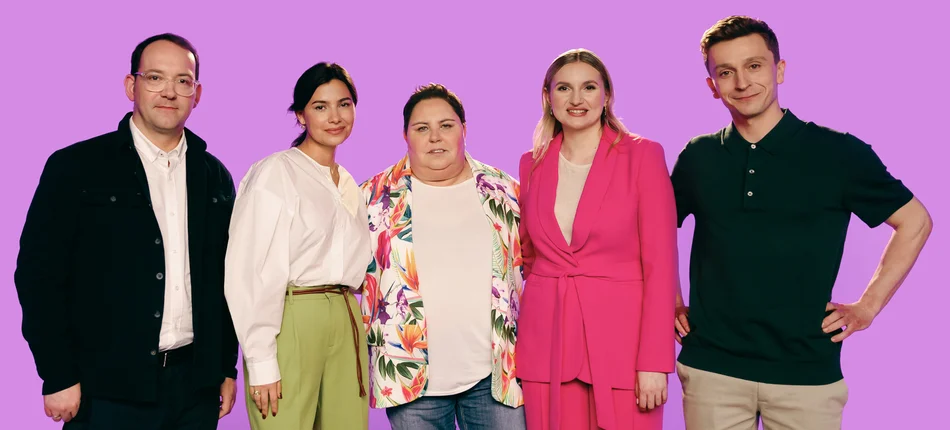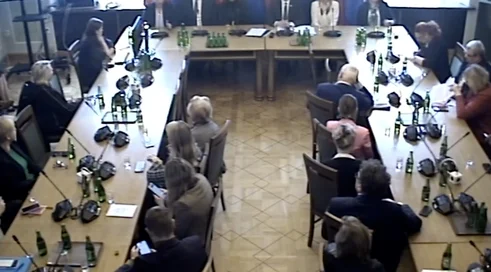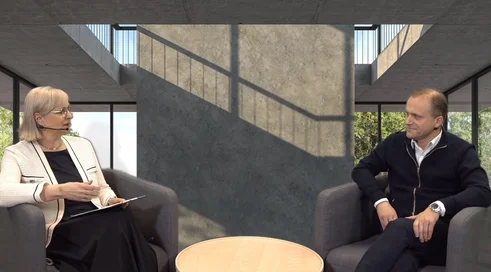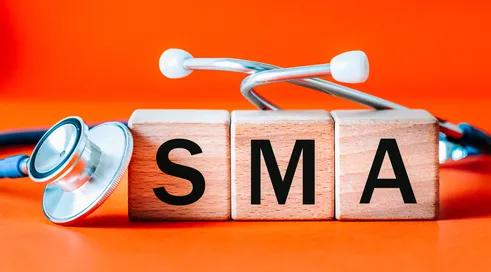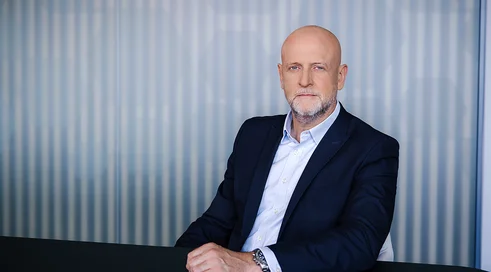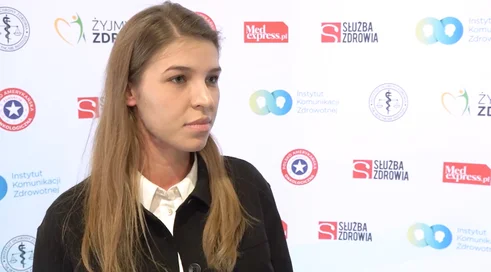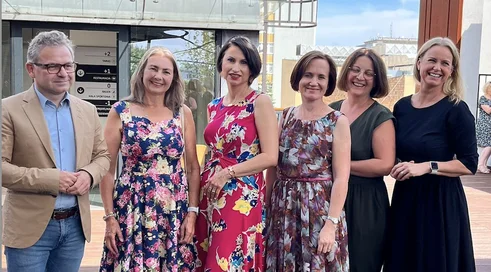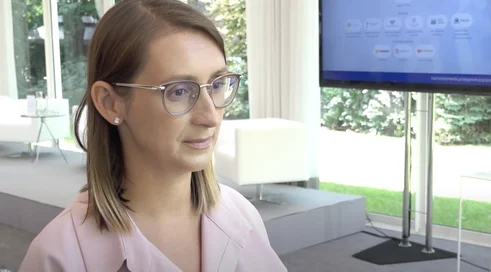According to opinion surveys [1], every second person, when becoming a caregiver, is worried about whether he or she will be up to the new role. At the same time, caregivers demand a lot from themselves. At the same time, they are often afraid to ask others for support and feel lost in the maze of information on various aspects of their loved one's illness.
- The diagnosis was like a bolt from the blue. As a caregiver, I needed knowledge and support. I searched in various ways for information on what to do to best help my mother, who had developed cancer. I felt helpless - many caregivers feel the same way. However, I didn't ask anyone for help. My main focus at the time was to save the life of the person closest to me. Medications and painkillers were important. Nutrition or movement became secondary to this, as it turned out - wrongly, " says Dorota Wellman. - I decided to support the campaign run by the Nutricia Foundation, because the educational materials it produces can help caregivers fulfill their role. I feel that if I then - being a caregiver - had access to this kind of knowledge base, I would have felt more confident and it would have taken me less time to learn about many aspects of caregiving on my own, such as the role of medical nutrition, which can significantly support the patient and caregiver in the treatment or recovery process , she adds.
Nearly 42% of caregivers feel helplessness, with 50% admitting that the daily care of their loved one could be facilitated by more help from those around them, including experts [2]. Advice and experience from experts can improve the quality of life for both the patient and the caregiver himself, who often simultaneously takes on the roles of nurse, physiotherapist or, in part, psychologist, boosting the patient's morale and motivating him to fight the disease. However, it turns out that it is not easy for caregivers to ask for help from loved ones, to resort to expert support, and at the same time to take care of themselves, such as using a psychologist to be able to support the patient more effectively.
Asking for help - a sign of weakness or strength?
The barrier often turns out to be shame: "Because what do you m...
Content locked
To gain access to the complete English section of the Medexpress.pl, kindly reach out to us at [email protected].



